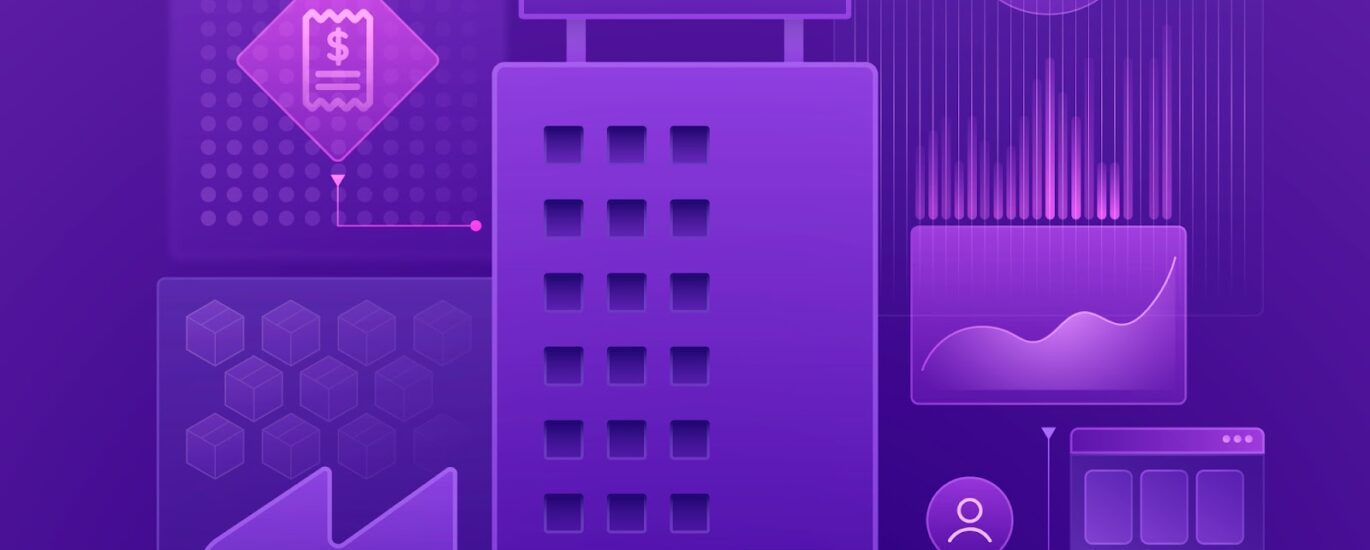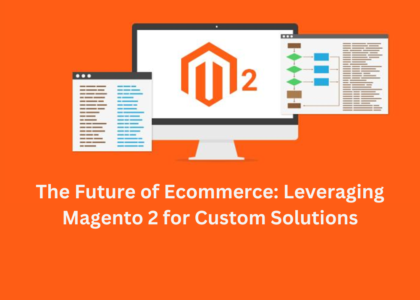Growth, power, efficiency, and adaptability are the most significant goals of running any business. Advanced technology, tools, and quick innovations are needed for a business to thrive. Thus, in this blog, we will talk about one of the most successful technologies, SaaS ERP systems, that has helped modern businesses break away from traditional business operation methods.
The SaaS ERP platform is a recent revolutionary development and has ushered in a new era of unparalleled agility and performance. Leveraging customer-centric content and targeted social media engagement, effective strategies in digital marketing can skyrocket awareness and adoption of your SaaS ERP system. The transition from conventional solutions to cloud-based SaaS ERP spells an era of affordability, adaptability, and coordination. However, adopting SaaS ERP is about more than innovating technical processes. It is an invention that will forever change the industry.
Therefore, this blog will tackle the nature of SaaS ERP and its potential use by the firm.
The Evolution of ERP Systems
Traditionally, ERP was a site-based investment that required large payments for equipment, infrastructure, and IT staff. They included finance, human resources, procurement, distribution, and sales networks for synergy. They were not easy to implement and were also not cheap to start. Thus, small businesses could not afford them.
SaaS transformed the ERP world into an affordable and user-friendly realm. Businesses can quickly access data and applications of SaaS ERP’s through the ‘cloud’ without incurring a huge capital outlay for on-site hardware. While SaaS ERP systems streamline operations, consider Hiring HVAC Duct Cleaning Experts for improved air quality and potential cost savings through optimized equipment performance. Such a shift democratizes ERP usage, making it possible for enterprises of all sizes to exploit this effective and integrated solution.
The Power of SaaS ERP: How It Benefits Business
The adoption of the SaaS ERP is not just a technical shift. This provides an opportunity for achieving efficiency, creativity, and continued growth in the future. Some of the notable benefits of SaaS ERP are:
1. Cost-efficiency and accessibility
SaaS ERP systems remove expensive initial investments in hardware and software licensing. This implies reduced costs for maintenance, upgrades, and security since such functions fall under the SaaS vendor. To some extent, accessibility allows small and medium businesses (SMEs) to match up to their large competitors in various instances.
2. Scalability and flexibility
SaaS ERP systems have many positive things attached to them, especially for growing or seasonal businesses. Cloud-based solutions make it very easy and flexible to add or take away resources needed by a business. This makes it possible for the organization to adapt to the dynamics of the marketplace and escape the rigid nature of traditional ERP applications.
3. Real-time collaboration and data accessibility
The SaaS ERP system encourages collaboration and promotes remote operations, which is paramount in the world of globalization and swift growth. Decision-makers equally get real-time data that enables them to have an instantaneous view of events and make more timely and informed decisions.
4. Automatic updates and maintenance
Upgrades and maintenance for conventional ERP systems required separate IT departments, hence disrupting business continuity. SaaS ERP systems eliminate such operations since they update the software silently and carry out their maintenance. Through this, companies will always be sure that the ERP system they use operates on the most current and safe version. SaaS ERP systems offer streamlined management for cryptocurrency trading firms, automating tasks and boosting efficiency from portfolio tracking to tax compliance.
5. Enhanced security measures
Security has been one of the top reasons people have not adopted cloud systems. Despite this, SaaS ERP providers spend large sums of money on contemporary security measures, including encryption, access control, and auditing, ensuring high-end security.
Read: Why Should You Start a Handmade Business This Year?
Future Trends and Innovations
As SaaS ERP systems continue to gain traction, several trends and innovations are poised to shape their future. Let’s take a look at some of them.
1. Artificial Intelligence (AI) Integration
This explains how AI becomes part of a SaaS ERP system and how it improves the decision-making process. Using AI algorithms, big datasets can give strategic directions on how to improve workflow and streamline administrative processes for operational excellence.
2. Blockchain for Supply Chain Transparency
For instance, in the case of the supply chain, SaaS ERP systems use the same technology. Traceability of goods, reduced fraud, and boosted reliability in supply chains are made possible by leveraging a transparent, decentralized ledger.
3. IoT (Internet of Things) Integration
The business use of IoT is no longer new. The SaaS ERP system allows tracking of assets and therefore helps in optimum resource utilization, which also leads to predictive maintenance, enhanced production, and eventually cost reduction through IoT.
4. Customization and Industry-specific Solutions
The SaaS ERP vendors are beginning to appreciate the need for industry solutions. They allow for industry-specific customization of business ERPs to fit their prevailing workflows.
Overcoming Challenges
While there are many advantages associated with SaaS-based ERP systems, companies should also think about the hurdles that might be involved. They include data security complications, poor integration compatibility with the installed systems, and reliable internet connectivity, among others.
However, with the advancement of technology, these challenges are always being resolved, making a SaaS ERP system more practical.
Conclusion
So, one can see that SaaS ERP systems are certainly the future of business operations. The products are effective, they can be scaled up, and their real-time collaboration and continued innovations make them essential for businesses trying to outrun the competition in an ever-changing world.
When looking at the future of software solutions in SaaS, we can also anticipate the amalgamation of AI, blockchain, IoT, and specialized, customized features. However, this will undoubtedly open up a completely new area and a plethora of opportunities for companies to flourish. Developing SaaS Product Development is more than a technical change; it is a business strategy to succeed in a digital society. So, have you incorporated a SaaS ERP system into your business? If you haven’t, then it’s time for you to take one step ahead and inculcate a SaaS ERP system into your business.





